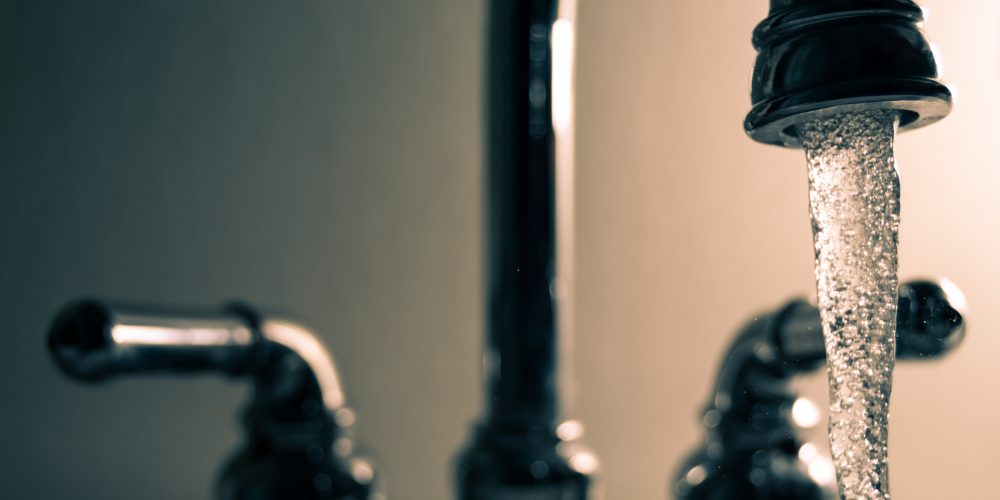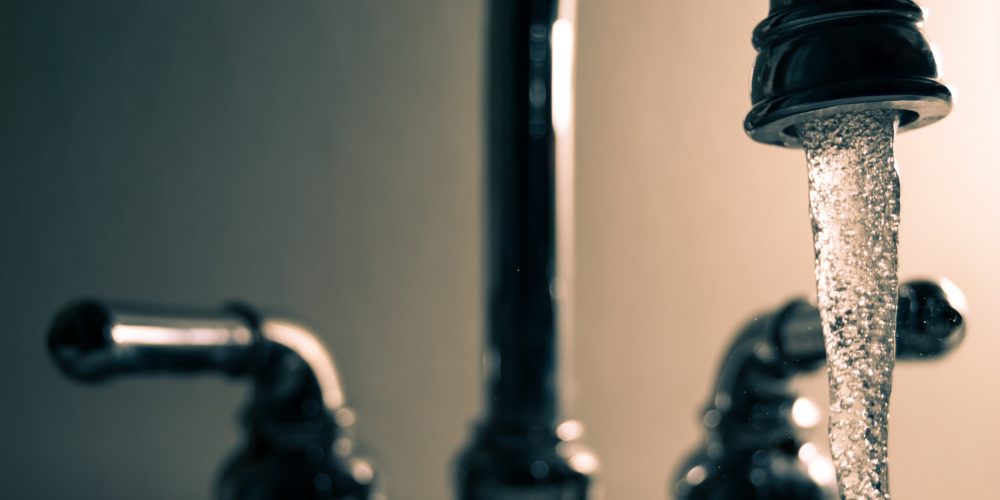
Margaux is our staff attorney. She is good at keeping us on track and following the rules. She recently had her water shut off for a day and it got her thinking about all the times she needs access to clean water throughout the day. Imagine if we didn’t have access to clean water on a daily basis.

A Day Without Water

This morning, my water was shut off.
A fate I saw coming. A notice taped to the door informing us of upcoming pipework. This is not my first rodeo. When Hurricane Irene caused the White River to swell beyond its capacity, flowing into any available nook and cranny and home, filling first floors, ripping bridges from their supports, uprooting 100-year-old trees and tossing them downriver, I was without water for five days.
I tapped into my disaster preparedness roots and filled drinking water containers, filled extra pots on the stove for cooking, filled a bucket for handwashing and any needed flushing (what if someone made a mistake and this water outage goes beyond one day… when you have gone without running water, in a home, trying to undergo the normalcy of life, you’ll know).
Preparedness is a luxury I would not have had if I had to procure water at an inflated price, sold in plastic bottles. Then, I would use it sparingly and certainly not to wash vegetables.
Water Count in one day:
No. of Times I would have washed my hands: 7
Number of times this household would have flushed or had to decide whether to flush: >10
Glasses of water consumed: 5
Lunch: For lunch, I made salad. I stood at the counter thinking, “how do I wash these vegetables?” Do I have to wash them? Can I dip a paper towel in my prepared pot and wipe them down? How do I wash my hands?
Dinner: For Dinner, I chose a meal of shrimp and fresh vegetables. Again, I stood at the counter thinking, if I had been more mindful, I could have made a meal that was less bacteria laden. I wouldn’t have defrosted seafood, but I operated on autopilot because I do not have to think a day in advance how I will wash my dinner and clean the counters. I had intended to make skewers but without the ability to wash my hands (we have a hand washing bucket set up), I do not want to touch raw fish. If this was my every day, how would this affect my choices? It would be easier to pull something from the freezer and put it in the microwave, so as not to heat the house up with the oven in summer. It would be easier to get cheap take out that is prepared for me avoiding clean up and bacteria laden ingredients.
The domino effect of a lack of running water is already seeping into all facets of my day. Raising questions on things I normally pass by. When water glass count stops being about beauty and hydration and begins to be about whether there is enough in the container in the fridge for you and your family, your perspective shifts. This is where we all need to shift. Water is universal and it should not be a divisive service, a luxury provided to those who can afford not to think twice about their routine or whether they should be rationing. Water is a human right.
Amidst the pandemic, we’re told to constantly wash our hands. Less public places are open with restrooms available. More people are staying home for work than ever before. If someone can’t use the water in their home, what options do they have?
Clean water is incredibly important – so important that we don’t even realize how many times we use it throughout the day to live. While municipalities have created more access during the pandemic, it’s still something that needs to be improved.
Please consider donating to clean water protection.

Clean water is a necessity and it’s up to us to ensure our local waterways are protected and accessible.




